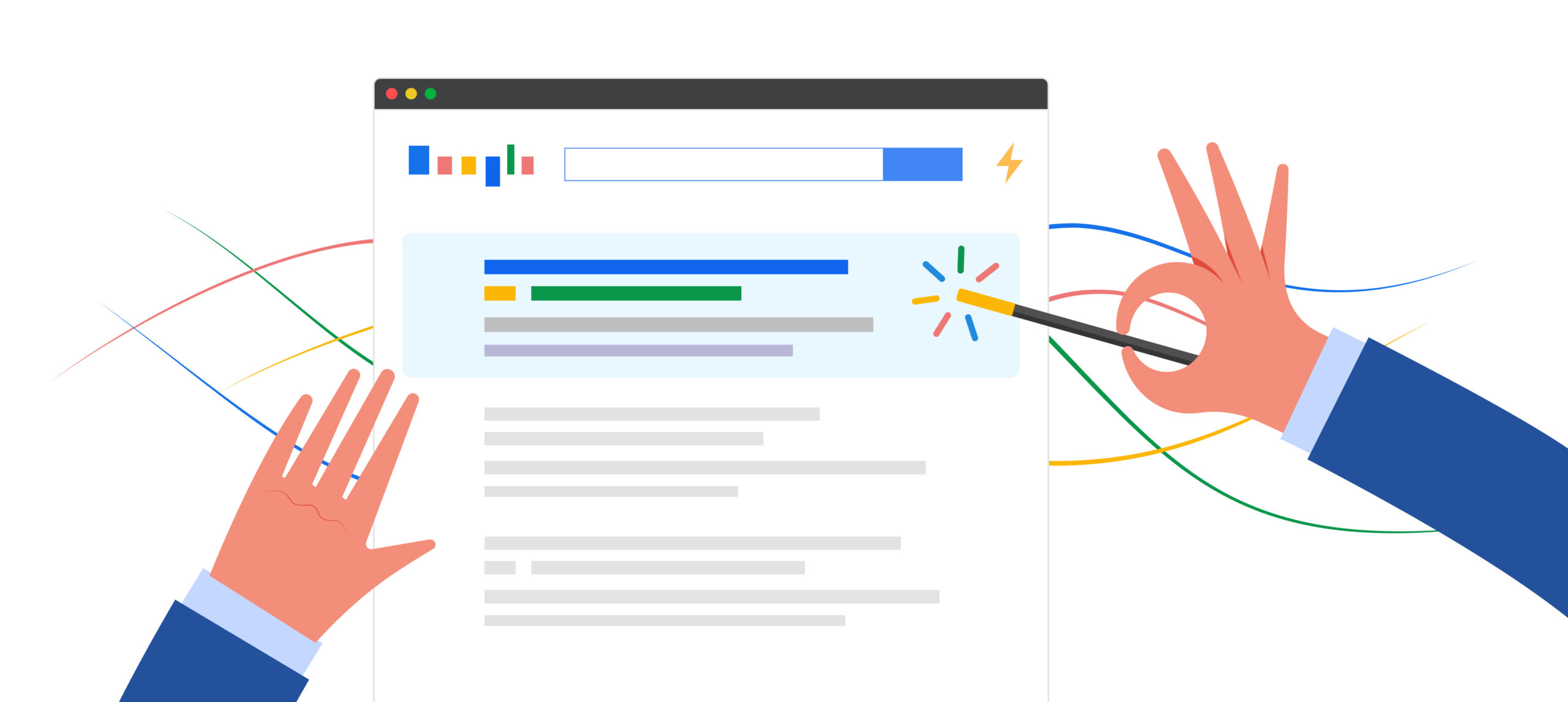Change is constant in the world of technology, and July 1st marks a significant milestone as Google Universal Analytics says goodbye. This widely used analytics tool has served businesses for years, providing invaluable insights into website performance and user behaviour. However, as technology advances and user expectations evolve, it’s time to embrace the next chapter in digital analytics. In this blog post, we’ll explore the retirement of Google Universal Analytics, what it means for website owners and marketers, and how to transition smoothly to modern analytics solutions.
On July 1st, 2024, Google will be deleting all historical data associated with Universal Analytics. While this change was announced in 2023, it’s a good time to revisit what this means for website owners and marketers.

The Evolution of Universal Analytics:
Introduced in 2012, Google Universal Analytics revolutionised how businesses track and analyse website data. It offered a comprehensive suite of features, including cross-device tracking, enhanced ecommerce reporting, and customizable tracking codes. For many businesses, Universal Analytics became the go-to tool for understanding user behaviour, optimising marketing campaigns, and driving business growth.
However, as digital technology continued to evolve, Universal Analytics faced limitations in addressing emerging challenges. The rise of mobile devices, changing privacy regulations, and the growing complexity of user interactions necessitated a more advanced analytics solution.
What's Happening?
Google Analytics (GA) has transitioned to a new platform: Google Analytics 4 (GA4). Universal Analytics, the previous version, will no longer be supported. This means:
- No new data collection: Since July 2023, Universal Analytics properties haven't been collecting new data.
- Loss of access: Starting July 1st, 2024, you won't be able to access your Universal Analytics properties or data, not even for reading purposes.
- Data deletion: All historical data stored within Universal Analytics will be permanently deleted by Google.
Want to find out how Google updates affect your website? Find out here.
Transitioning to Google Analytics 4
In response to these challenges, Google developed Google Analytics 4 (GA4), the next-generation analytics platform designed to meet the needs of modern businesses. GA4 represents a significant leap forward from Universal Analytics, offering a wide range of new features and capabilities.
One of the key differences is GA4’s event-driven data model, which allows for more granular tracking of user interactions across web and app properties. This enables businesses to gain deeper insights into user behaviour and engagement, paving the way for more personalized and effective marketing strategies.
GA4 also introduces advanced machine learning capabilities, predictive analytics, and cross-device attribution, empowering businesses to make data-driven decisions and drive growth in an increasingly competitive landscape. Additionally, GA4 prioritises user privacy and data protection, with built-in consent controls and enhanced privacy options to ensure compliance with global regulations.
What to Do Now?
If you haven’t already, it’s crucial to:
- Set up GA4: Ensure you have a GA4 property set up for your website to continue collecting data.
- Export your Universal Analytics data: While you can't migrate data directly to GA4, exporting your historical reports from Universal Analytics allows for future comparisons and analysis.
- Become familiar with GA4: While GA4 offers powerful features, its interface and data structure differ from Universal Analytics. Familiarise yourself with GA4's functionalities to ensure a smooth transition.
Looking Ahead
The deletion of Universal Analytics data marks a significant shift in website analytics. By embracing GA4 and its capabilities, you can continue to gain valuable insights into your website’s performance and user behaviour.
For additional resources and tutorials on GA4, you can refer to Google’s official documentation https://support.google.com/analytics/answer/10089681?hl=en.
Other changes have been made recently by Google that will affect your website, such as releasing a core update in March 2024. To find out more about this read our dedicated blog!

